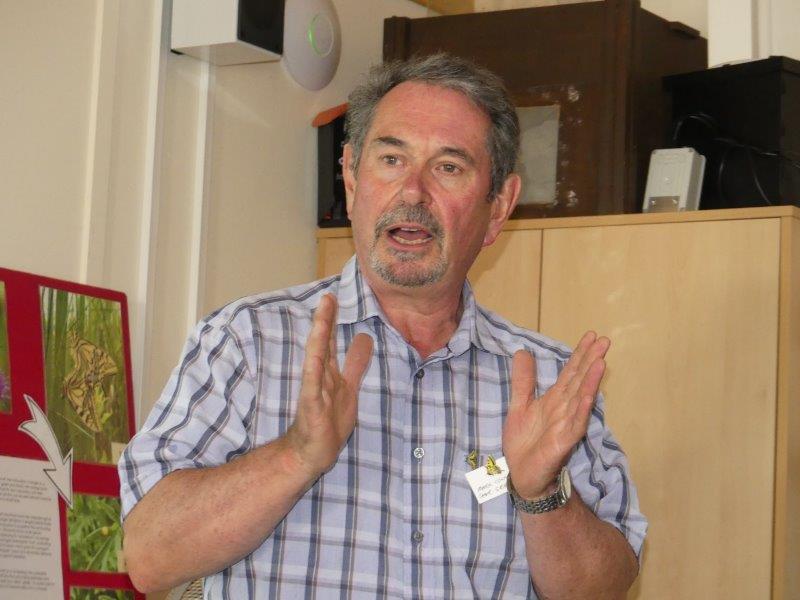Wheatfen Nature Reserve, The Covey, Surlingham, Norfolk, NR14 7AL
WEDNESDAY 27 JUNE 2018
A joint meeting of the Swallowtail and Birdwing Butterfly Trust and the
Royal Entomological Society, hosted by the Ted Ellis Trust
________________________________________________________________________
FINAL AGENDA
10.00 Arrival and Preparation
10.30 Welcome and Aims for the Day
Dr Mark Collins, Chairman, Swallowtail and Birdwing Butterfly Trust
Dr Alan Stewart, University of Sussex, and Convenor, Royal Entomological Society Insect Conservation Special Interest Group
SESSION ONE: Chair Dr Mark Collins, Swallowtail and Birdwing Butterfly Trust
10.32 Opening Remarks
Patrick Barkham, author of “The Butterfly Isles” and Natural History Writer for The Guardian introduces the Swallowtail, Britain’s most iconic butterfly, and reflects on its vulnerability, and its centrality to the butterfly conservation movement.
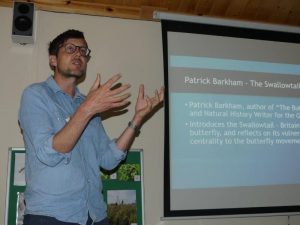
10.40 Natural History of the Swallowtail in Britain
Historical records show that the Swallowtail once occurred widely across Britain, but it has declined to just a few sites in the Norfolk Broads. More recently, populations appear to be stable. But is this the calm before the storm?
Speaker: Andy Brazil, County Butterfly Recorder, Norfolk
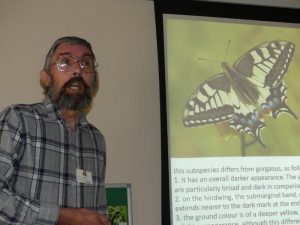
11.00 Conservation Management for the Swallowtail in Norfolk
Is reedbed management effective for the Swallowtail and its foodplant, Milk Parsley, at the same time as other iconic fenland species like the bittern? What do we know about current rotation practices and their impact on these species?
Speakers: Tim Strudwick and Matt Wilkinson, RSPB Strumpshaw Reserve, Norfolk
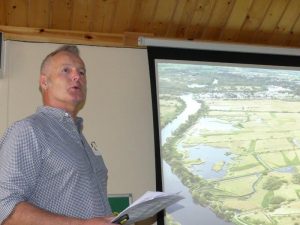
11.20 The Status and Vulnerability of the Norfolk Broads Ecosystem
The Norfolk Broads provide the last refuges for P.m. britannicus, particularly the Bure and Yare valleys. Being open to the sea, these waterways are vulnerable to sea level rise and salinization, as well as climate warming.
Speaker: Dr Andrea Kelly, The Broads Authority
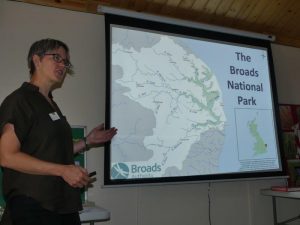
11.40 Tea, coffee and biscuits
SESSION 2: Chair, Dr Alan Stewart, University of Sussex and Royal Entomological Society
12.00 The Ecology and Management of Introductions
The government is committed to a Nature Recovery Network to protect and reintroduce lost species and ecosystems. Could rewilding programmes, such as the Great Fen Project and Lakenheath Fen, support Milk Parsley and the Swallowtail?
Speaker: Sara Oldfield OBE, IUCN Species Survival Commission
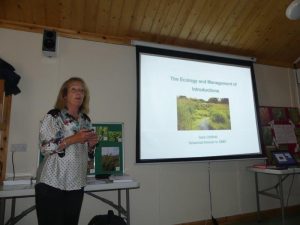
12.20 The Invasion of the European Swallowtail – is it Welcome?
Papilio machaon is a common species worldwide, but the subspecies differ in their foodplants. While britannicus has declined, its European cousin gorganus is spreading from southern counties. Should we welcome these invaders?
Speaker: Michael Blencowe, Sussex Wildlife Trust & co-author “Butterflies of Sussex”
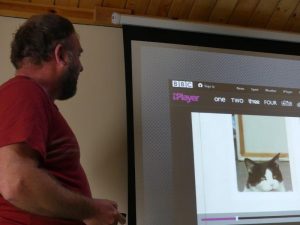
12.40 Discussion and Proposals
Discussion and action planning for the Swallowtail.
Dr Mark Collins, Chairman, Swallowtail and Birdwing Butterfly Trust
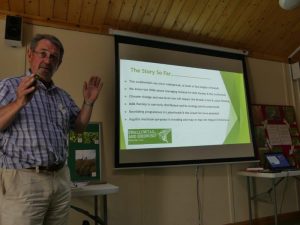
13.00 Closing Remarks
Prof Dick Vane-Wright, University of Kent and former Keeper of Dept of Entomology, Natural History Museum presents his thoughts on what the day has achieved, the challenges that lie ahead, and a vote of thanks for the speakers.
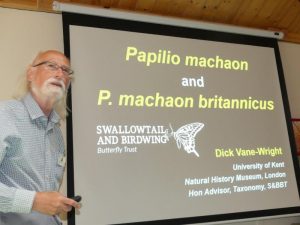
13.10 Buffet lunch
13.45 Group photograph Red O’Hara, Wildlife Photographer
14.00 Wheatfen – Aims and Achievements
A brief ‘Welcome to Wheatfen’, a remarkable haven for the British Swallowtail.
Speaker: Will Fitch, Wheatfen Reserve Manager, Ted Ellis Trust
14.10 Fieldwork in the Fen
Get your boots on to view, study and photograph Swallowtail eggs, all instars and adults, as well as other fenland secrets.
Led by Will Fitch and Kevin Radley, Ted Ellis Trust
16.00 Tea, coffee, biscuits………………..and social time!
Close: 16.30 Version: NMC 100618
